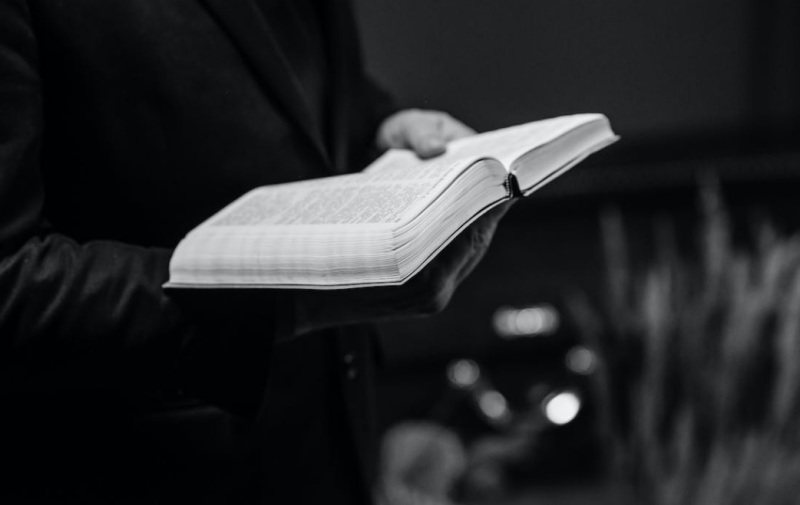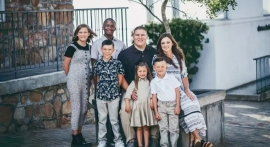
Evangelical pastors attending the first day of the reconstructing Evangelicalism conference on Oct. 24 began by talking about the "failings" of evangelicalism and the best ways of mending them.
The pastors also chose to be particularly blunt about one thing: the very definition of evangelicalism.
Defining, Deconstructing Evangelicalism
According to Religion News, the pastors posed a fundamental question that served as a springboard for the day's discussion: "What is an evangelical?"
Joel Lawrence, the Center for Pastor Theologian's executive director, honestly answered: "Nobody knows exactly what an evangelical is."
The question paved the way for the group's thorough discussions on the flaws of the evangelical movement and brainstorming of the possible means of addressing those flaws. It also served as a springboard for the participants' definition and deconstruction of evangelicalism.
The event, hosted by Chicago's Calvary Memorial Church, attracted 400 evangelical pastors and various church leaders.
The participants reportedly took inspiration from the ongoing trend among Protestants and evangelicals of 'deconstructing' their faith.
The deconstruction involved putting their core beliefs under the microscope to see the minute details and doing away with "conservative politics, sexism and racial divides" that the evangelical faith came to signify.
For Kristin Kobes Du Mez, a historian, evangelicalism is a 'consumer and political culture.' Du Mez added that perhaps it is more important to ask, "Who is not an evangelical?" and who decides who can be called one.
Meanwhile, Beeson Divinity School's dean, Doug Sweeney, said a lot of Americans equate evangelical with politics that follow the MAGA style.
"That would not be one of my favorite characteristics," Religion News quoted Sweeney saying.
He also said that the term "evangelical" must be closely associated with theology rather than politics.
'Ruthless Theological Gatekeeping'
Esperanza College's academic dean, Elizabeth Conde-Frazier, reasoned that evangelicals could be "ruthless" in their pursuit of theological gatekeeping.
She said that American evangelical preachers often take for granted fellow evangelical Christians outside the U.S., such as those from Latin American countries.
"Why don't you know their names? Why don't you quote them in your sermons?" Conde-Frazier asked.
The academic leader also warned the pastors that 'sin could become a monster' when one possesses power.
Conde-Frazier issued the warning as she argued that evangelicals tend to ignore how sinful evangelicals misuse their power. Accordingly, she suggested evangelical reconstruction should involve a deeper understanding of man's sinful nature.
For Malcolm Foley, there should be an 'activist evangelicalism,' one that fuses evangelicalism with social action. Foley is Truett Theological Seminary's director of the Black church studies program, according to the report.
Christianity's 'Last Hope'?
Some conference panelists said that certain evangelicals view the movement as Christianity's last hope. The panelists noted that such an assumption is wrong.
They argued that should there be a reconstruction of evangelicalism, it must be anchored on humility and not on a world view of it as a last hope of sorts.
Related Article: Virginia Pastors Lead Relief Gathering Efforts for Hurricane Ian Survivors in Florida
















